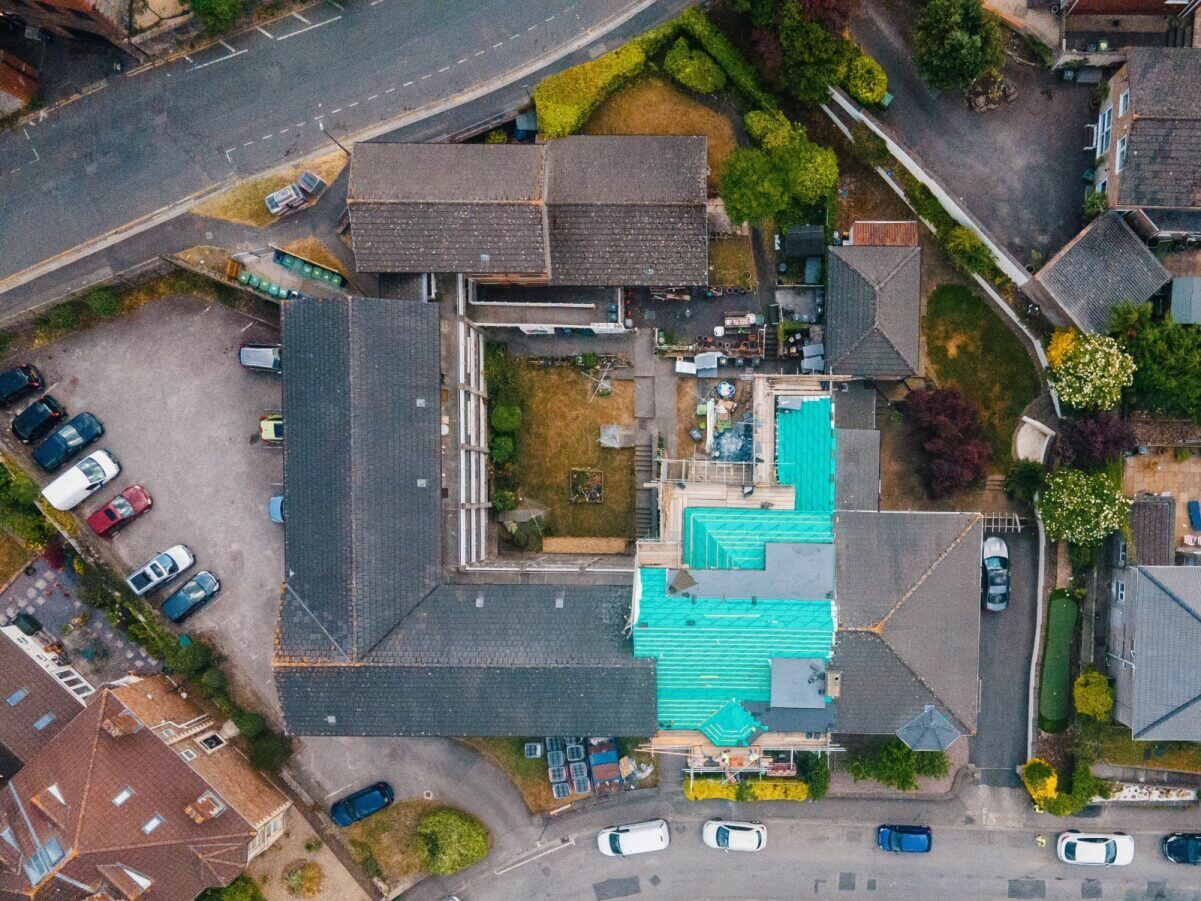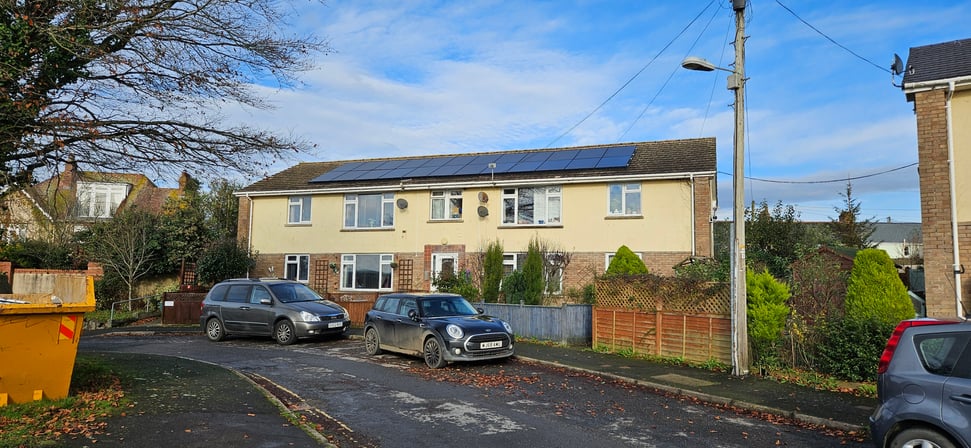
Maximising Your Retrofit Project with LivGreen
Moreover, leveraging retrofit funding can position your organisations/associations as a leader in sustainability helping to achieve the governments ambitions of achieving a minimum EPC C rating on all social housing properties by 2030 - Remember these are largely councils and Housing authorities meaning that filling the homes is never an issue but meeting the Government targets is!
Understanding the various funding options available can empower stakeholders to make informed decisions that align with their goals. (Can allow Councils or housing associations to fund upgrading their properties that currently do not meet the standards outlined by the government)
Types of funding grants available for retrofit initiatives
Grants for retrofit initiatives can come from various sources:
1. Warm Homes Plan (WHP)
The Warm Homes Plan aims to:
- Upgrade 5 million homes over the next 5 years
- Reduce greenhouse gas emissions from buildings
- Target energy efficiency investment for those most vulnerable to cold or with low incomes
- Lift over one million households out of fuel poverty
1. Enhanced Boiler Upgrade Scheme: This program offers grants of up to £7,500 to help homeowners install energy-efficient heat pumps, reducing reliance on traditional gas boilers. The government have also relaxed the planning rules for heat pumps by removing the one-metre property boundary requirement. Making it easier for homeowners to adopt these greener technologies.
2. Warm Homes: Local Grant: A £500 million fund, launching in 2025, will support energy efficiency upgrades in homes of low-income households, aiming to lower their energy bills and reduce fuel poverty. Delivered from 2025 to 2028 by eligible local authorities. The Expression of Interest (EOI) window closed on 1st December 2024 and all eligible local authorities will be allocated funding following assessment.
3. Warm Homes: Social Housing Fund Wave 3 (WH:SHF): This component focuses on upgrading social housing to improve energy performance. Specifically, it targets upgrading social housing to achieve at least an Energy Performance Certificate (EPC) rating of Band C, improving living conditions and reducing energy consumption in the sector. Applications for Wave 3 have now closed.
Upgrading up to 300,000 homes and why it matters
- Lower Energy Bills: By upgrading homes with more energy-efficient heating systems and better installation, households will use less energy, directly leading to lower energy bills.
- Reduced Environmental Impact: Adopting low-carbon heating technologies like heat pumps will replace fossil fuel-based systems like gas boilers.
- Better Living Conditions: The plan focuses on improving the comfort and health of homes, particularly in vulnerable areas. Upgrading insulation, heating systems, and overall energy efficiency can create warmer, more comfortable homes, reducing issues such as damp, poor air quality, and high energy consumption that often led to health problems.
2. Optimised Retrofit Programme (ORP) Wales
Optimised Retrofit (ORP) is a whole house approach to decarbonising existing homes within Wales. Offering a sophisticated, tailored, and more effective approach to improving the energy performance of existing homes, with a focus on social housing. It ensures that the retrofit process aligns with the specific needs of each property.
The Optimised Retrofit scheme is primarily available to Registered Social Landlords (RSLs) and local authorities (LAs). These groups can install a variety of decarbonisation measures within existing social housing stock, helping to reduce emissions, improve energy efficiency, and lower running costs for tenants.
Optimised Retrofit Phase 3
- Affordable Warmth Decarbonisation
- Understanding the best pathway to better energy efficiency for each individual home.

How does it work?
Who is the scheme for?
- Low-income families
- Elderly individuals
- Those with disabilities or long-term health conditions
ECO4
-
ECO1 (2013-2015)
-
ECO2 (2025-2017)
-
ECO3 (2018-2022)
-
The current phase, ECO4, began in 2022 and runs through to 2026
4. Home Upgrade Grant (HUG)
How does it work?
Who can apply?
-
Their home must be off the gas grid
-
Low-income households – gross below £31,000
-
The home must have an energy Performance Certificate (EPC) between D and G
-
The home must be on one of the local authority lists



Leave Your Comment Here